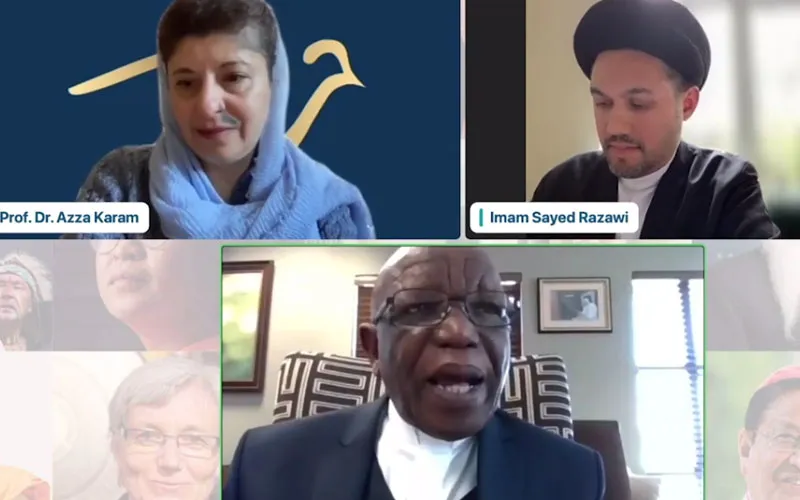Johannesburg, 14 May, 2022 / 5:00 pm (ACI Africa).
Religious leaders in South Africa need to “create personal relationships” with the country’s Department of Home Affairs that handles immigration issues to address the plight of migrants and refugees, a Catholic Archbishop in the country has said.
Archbishop Buti Joseph Tlhagale who was addressing members of the Multi-Religious Council of Leaders during an online roundtable discussion said creating “good relationships” with the South African department would facilitate the registration of migrants and refugees.
“It is important to create good relationships with the Department of Internal Affairs or Home Affairs, with the departments that deal directly with the legal status of migrants and refugees”, Archbishop Tlhagale said during the Monday, May 9 session.
The member of the Missionary Oblates of Mary Immaculate (OMI) added, “Once you create personal relationships with the officials that deal with statelessness, they are able to consider you as somebody who provides them with honest information regarding the applicants, refugees and migrants.”
The Catholic Archbishop who previously served as Liaison for Migrants and Refugees of the Southern African Catholic Bishops’ Conference (SACBC) underscored the credibility of faith-based leaders saying, “If religious leaders and NGOs that work with migrants and refugees assisted in providing genuine information, it facilitates the registration of migrants and refugees.”








